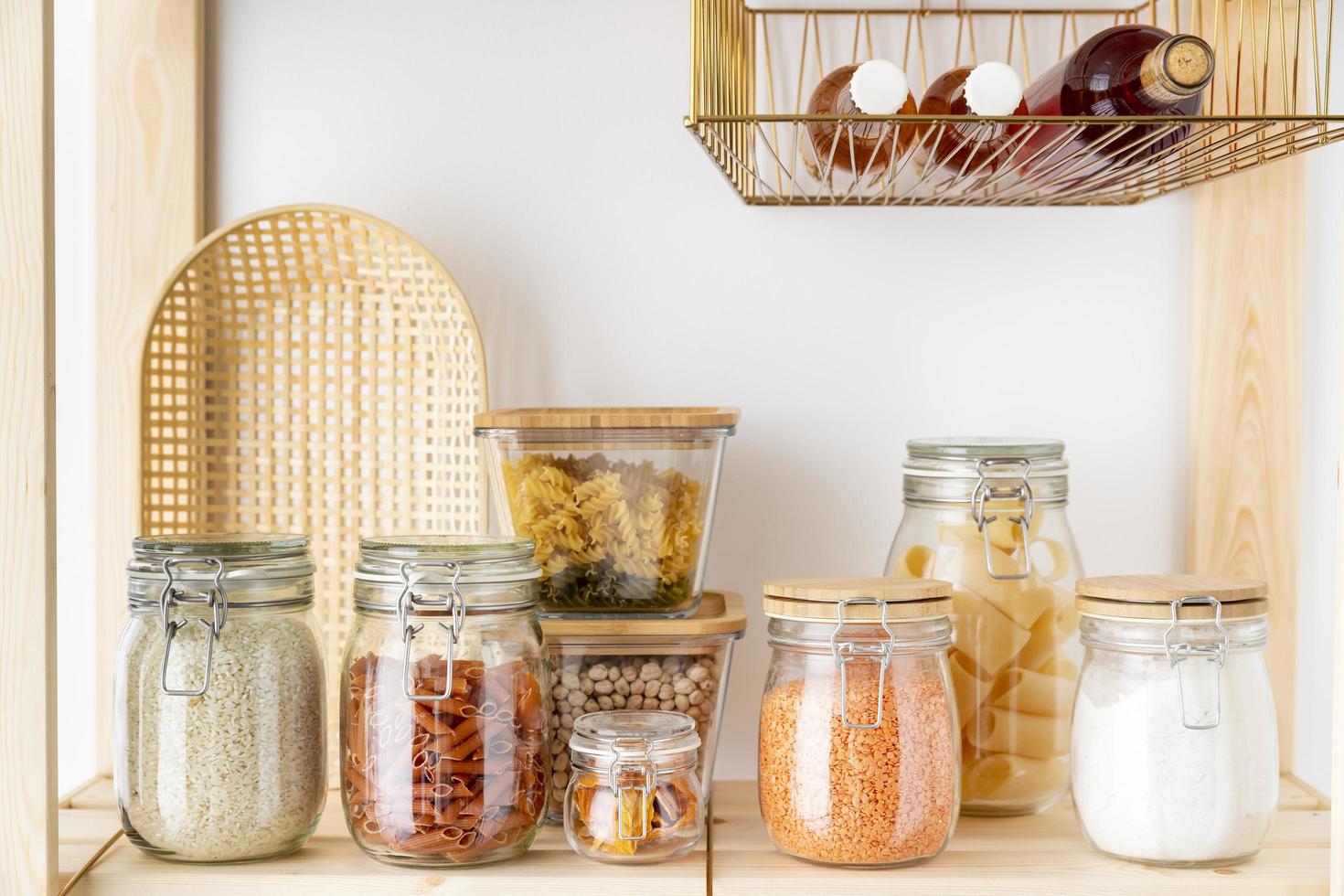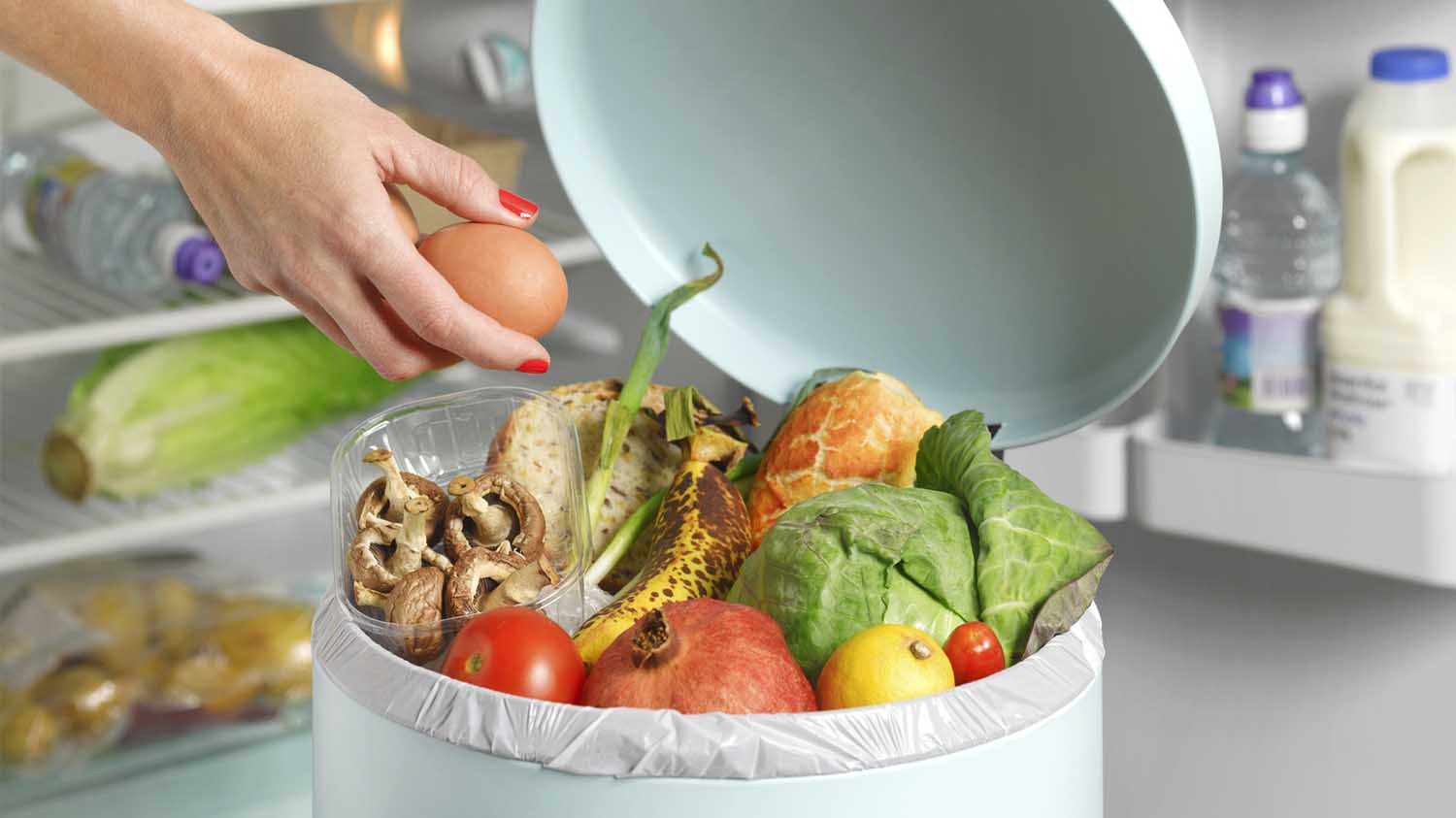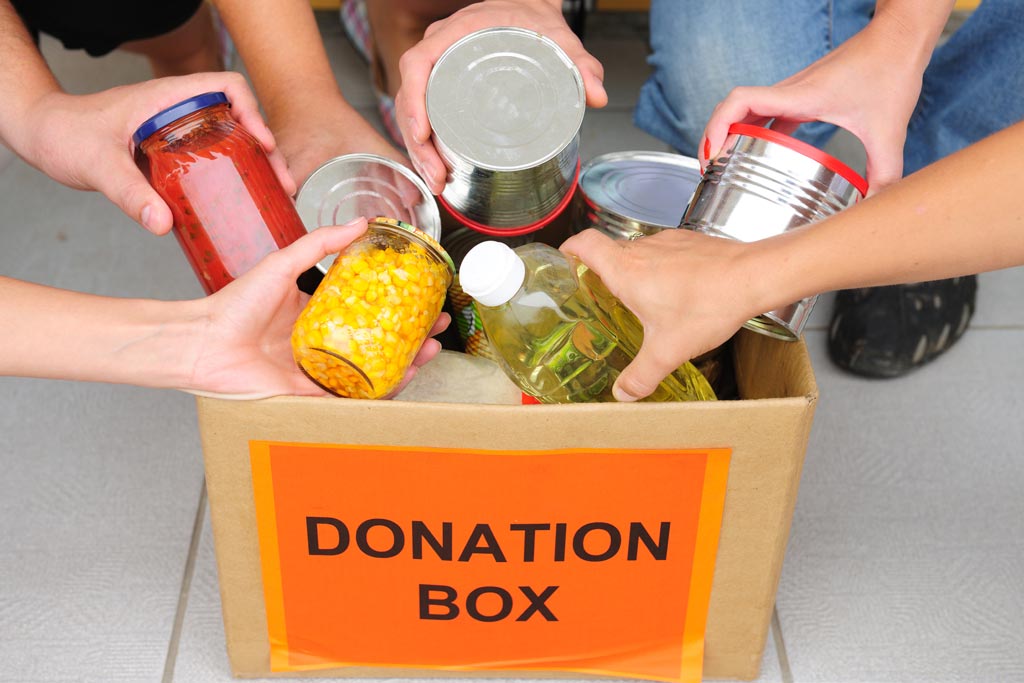
When you are moving, you take into consideration your pieces of furniture, pieces of art (especially the expensive ones), valuable items and even your books. But what about your food items?
You know you cannot waste food, even if you are moving out, but what exactly do you do with it? Read on to find out more.
1. Inspect the Food Supplies You Currently Have

Moving is a very challenging process and that is when most homeowners realize how time flies. This is why it is essential to decide beforehand what to do with your food as you will have a lot of things to deal with later on. However, first, you need to know exactly what type of food supplies you have left in your home.
So, take a pen and paper and go through all the places in your house where you store your food items, such as the fridge, freezer, kitchen cupboards, pantry and basement (or even under stair steps, inside birdhouse, in the wardrobe or even buried in the backyard – nowadays people can be a lot weird so). Now, instead of writing the items one by one, you can also take some quick photos and then review these pictures.
One idea on how to sort your food supplies:
- Frozen food: meat, chips, vegetables, ice cream, etc.
- Refrigerated foods: beans, meat, eggs, seafood, milk, cheese, butter, juices, etc.
- Canned food: tuna, corned beef, baked beans, vegetables, soups, etc.
- Boxed food items: chips, cereals, snacks, rice, beans, lentils, etc.
- Bottled food items: cooking oil, vinegar, soy sauce, olive oil, dressings, etc.
- Cooking supplies: flour, sugar, spices, salt, etc.
When you are listing your food items, please don’t forget to note down their quantities also. For example, you can carry with you one or two bottles of olive oil, but six or seven bottles is not really recommended.
2. Throw Away Any Food Items That Have Expired

You buy a food item, keep it in your storage and once you decide to consume it, you realize it’s past it’s the expiration date. Doesn’t this often happen to you?
When you start to sort out your food supplies, prepare a separate cardboard box to discard all the food items that are past their expiration dates. And, on a side note, all those who have the habit of consuming expired food products and think that there is no risk at all, I will just say one thing: before you voluntarily hand yourself to Hades (the god of the underworld), think about your health and your loved ones.
But what to do exactly with the expired food items? You can either recycle them or just throw them away (and please keep in mind, even how big your heart is, do not donate any expired food items).
3. Make a Plan to Use Up Your Perishable Food

Once you have got rid of the expired food supplies, you need to devise a plan to use up most, if not all, the perishable food items that you have in your house.
- Focus on using up mostly the perishable food items that you have in the fridge and freezer.
- Instead of eating out or ordering in, try to consume all perishable food items (you can even cook up any leftover food supplies).
- Use online recipes to create lip-smacking meals with perishable food items.
- You can also set aside some food for your Moving day.
4. See if Your Friends Want Any of Your Food Items

Don’t they always say that true friends are people on whom you can rely on through thick and think? Well, as you cannot transport all your food items, the easiest thing would be to give some to your friends. And, honestly, what kind of friend would refuse food? Forget a friend, even a stranger will not refuse food (well, that is, if I am that stranger).
5. Consider Donating Your Non-Perishable Food

I don’t really think I need to tell you how many unfortunate people are out there who cannot have access to this basic necessity called food. So, the best thing that you can do for these poor and needy people and also for you (why you? Have you never heard of the proverb: you reap what you sow), is to donate all the non-perishable food items that you are left with.
6. Pack up the Food Items You Want to Keep

I am sure there must be some food supplies that you would want to bring with you to your new home. So, here are some packing tips:
- Canned foods: Due to their collective weight, it is recommended to pack canned foods in cardboard boxes and to use plastic moving containers.
- Glass food containers: Once you have wrapped all glass bottles and jars in sheets of soft packing paper, transfer them into thick cardboard moving boxes.
- Dry food products: Items such as rice, pasta, flour, sugar and so on should be placed in re-sealable plastic Ziploc bags and packed into small to medium moving boxes.
If you think you need some more guidance on packing food for moving, why don’t you write us? And, we promise to get back to you as soon as possible.


